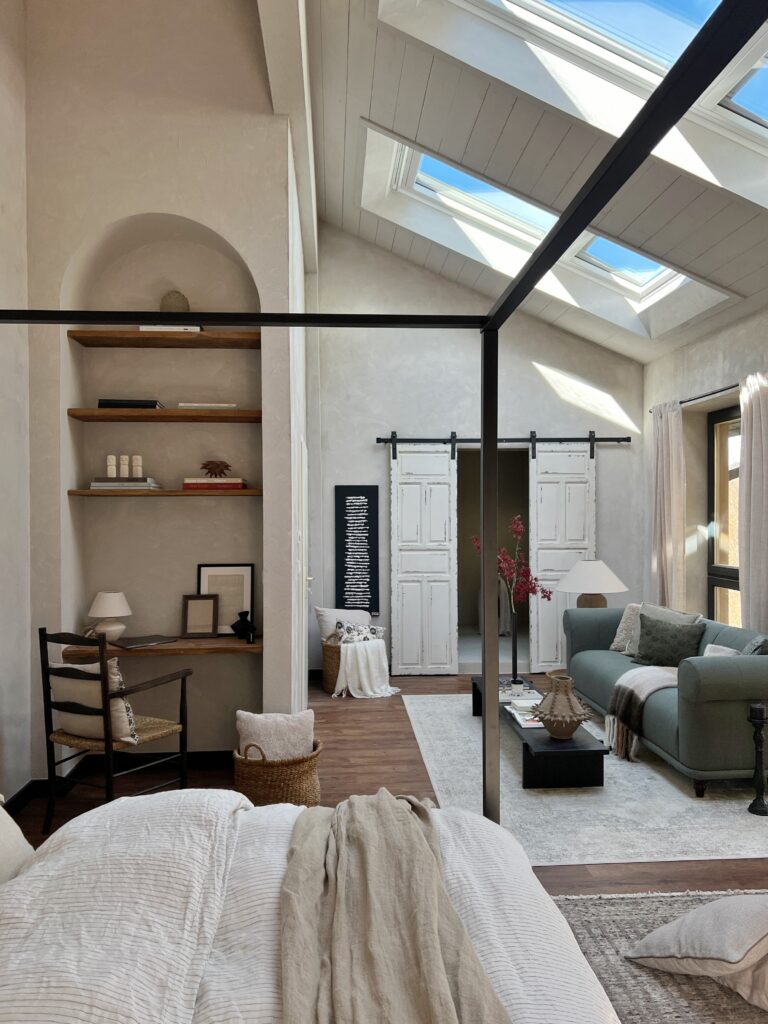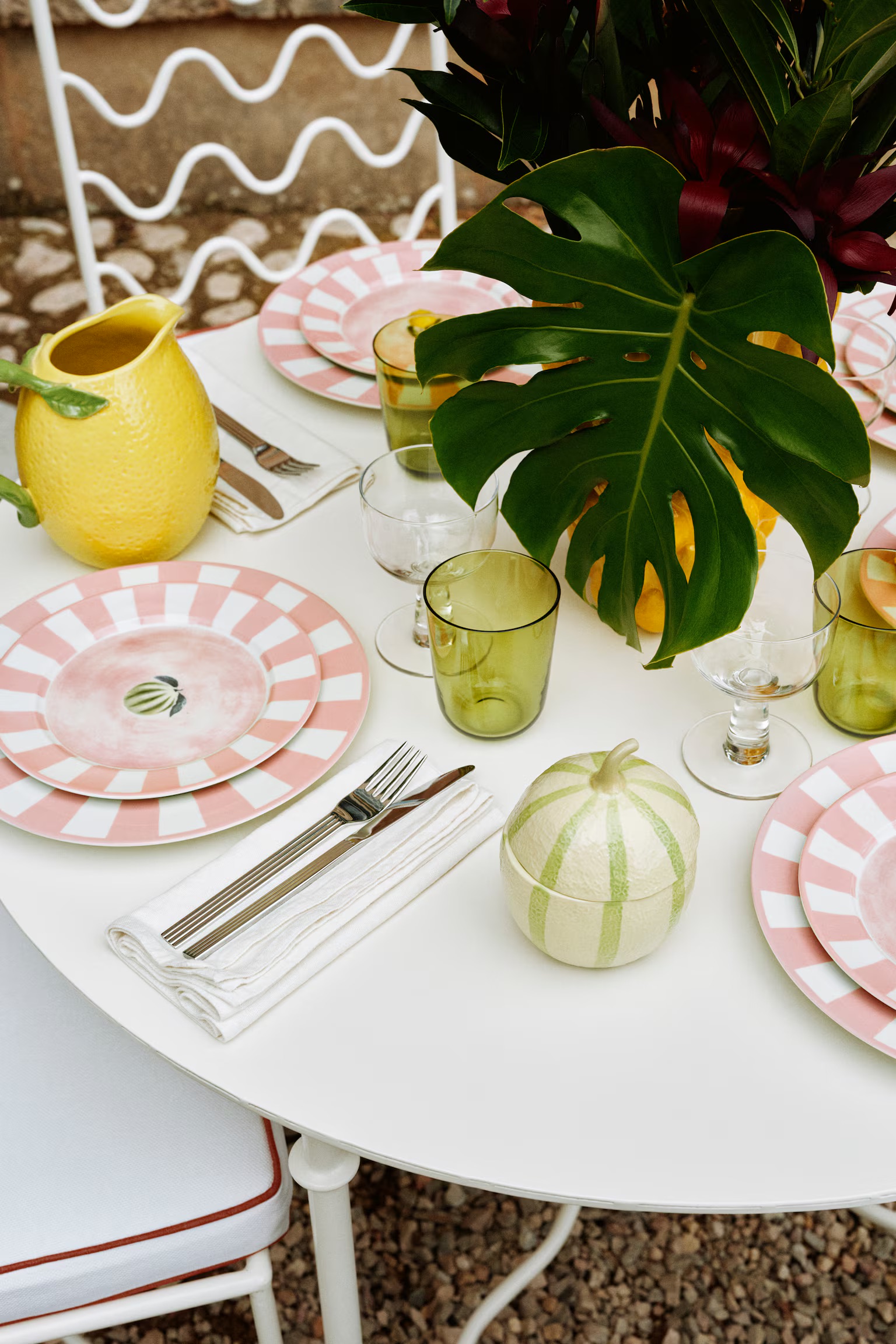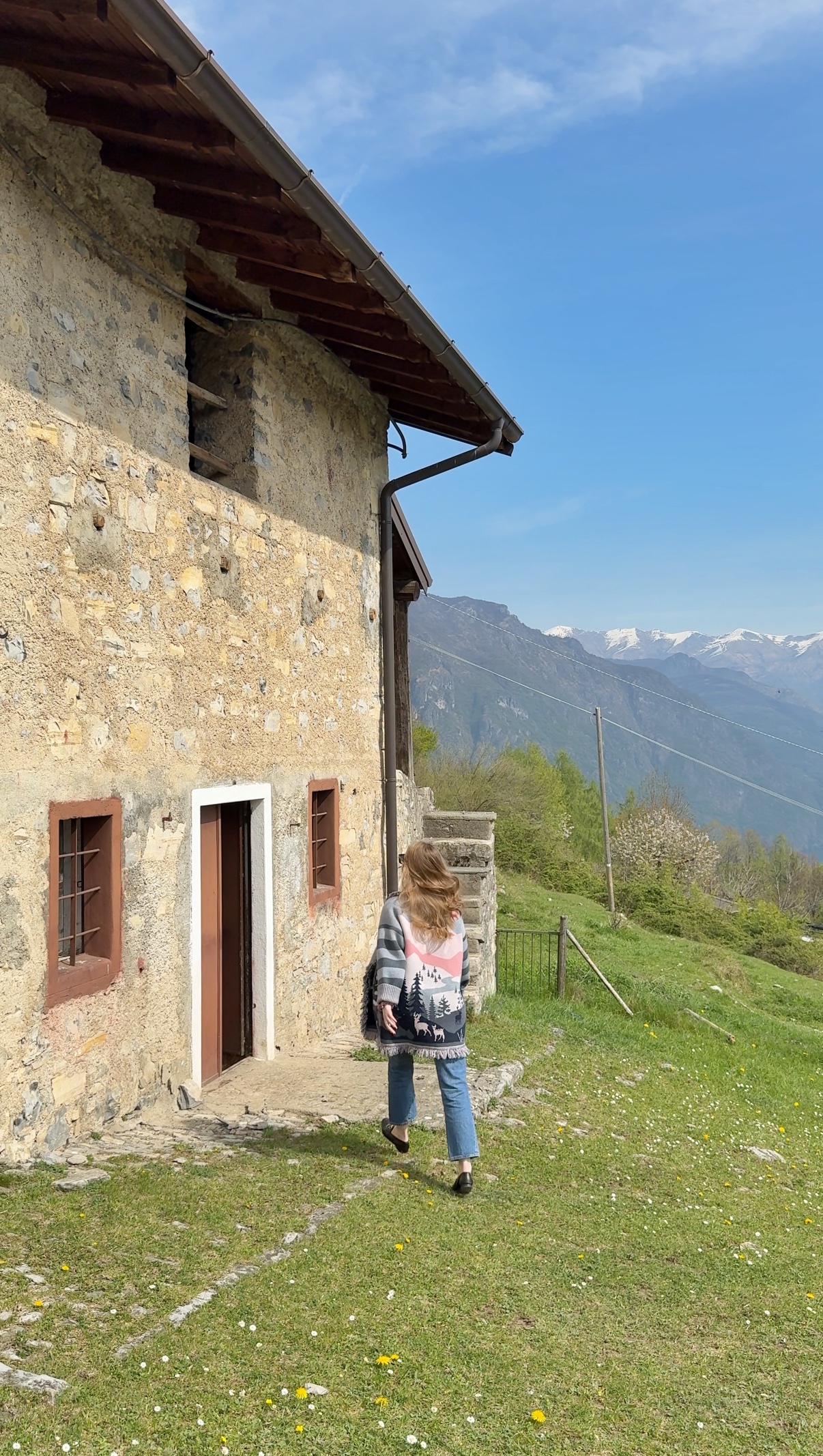Transforming your attic space into a functional and inviting area requires careful consideration of various elements, with lighting being a crucial one. Proper lighting can enhance the ambiance, functionality, and overall aesthetic of your attic room, making it a pleasant and usable space. In this blogpost, we’ll explore the importance of lighting, delve into both artificial and natural lighting options, and discuss the unique challenges attics present, such as high temperatures in summer. We’ll also cover a variety of lighting fixtures and solutions that can make your attic conversion a success.
The Importance of Good Lighting in Your Attic Space
Good lighting is essential for any room, but it’s especially important in an attic space where natural light may be limited and architectural features can create shadows and dark corners. Proper lighting can:
- Enhance visibility: Ensuring that every corner of the attic is well-lit makes the space more functional and safer.
- Improve mood and ambiance: The right lighting can make your attic room feel cozy and inviting.
- Highlight architectural features: Good lighting can accentuate the unique aspects of your attic, such as exposed beams or sloped ceilings.
- Increase usability: Whether you’re using your attic as a home office, a playroom, or a guest bedroom, proper lighting can make the space more versatile.
Natural Lighting: Harnessing the Power of the Sun
Natural lighting is a great way to brighten up your attic space. Attic skylights and roof windows are excellent solutions that can flood the room with daylight, creating a bright and airy atmosphere. Furthermore, roof windows can also often be personalized a lot. This means, that sizes and accessories can be picked according to one’s wishes. While there are lots of amazing light fixtures for attic spaces, roof windows can be a great way of including natural light and some special elements.

Attic Skylights and Roof Windows
Installing attic skylights is a great way to bring natural lighting into your attic room. Skylights can be positioned to capture the maximum amount of sunlight throughout the day. Roof windows, on the other hand, provide both light and ventilation, which is particularly beneficial in an attic space that can get stuffy.
One unexpected thing after working with VELUX at Project Greenwood and installing customized roof windows was how easy roof windows can be installed. In Germany, no regulation from the authorities is needed in order to install roof windows (as long as no statical things are being changed), making it very easy to include roof windows. Additionally, the process of installing roof windows can usually be done year round, including winter times too! At Project Greenwood, the process took 3-4 days with heavy snowfalls and two very large windows which were installed. Super easy with an incredible effect (although sometimes a little costly). Read more on the installation of roof windows at Project Greenwood here.
Benefits of Natural Lighting:
- Energy efficiency: Reduces the need for artificial light during the day.
- Health benefits: Exposure to natural light can improve mood and productivity.
- Aesthetic appeal: Creates a more inviting and spacious feel.

Challenges with Natural Lighting
While natural lighting is beneficial, it comes with challenges, especially in an attic:
- Extreme temperatures: Skylights can increase heat in the summer and allow heat to escape in the winter. It’s important to choose energy-efficient models and consider additional insulation or blinds.
- UV damage: Prolonged exposure to sunlight can fade furniture and flooring. UV-protective coatings can mitigate this issue.
- Brightness: Sunlight through roof windows can be an extremely bright light source, therefore, it is important to include accessories such as shutters to ensure the natural lighting can be regulated (or with ceiling fans, etc.)
Artificial Lighting: Brighten Up Your Attic Space
When natural light is insufficient or unavailable, artificial light sources become essential. There are various lighting fixtures and options to consider, each serving different purposes and catering to specific needs in your attic room.
Ceiling Lighting Solutions
In general, attics can be used multiple ways. Either as a living room, a small space, storage space, bedroom, reading area, etc. As always, it is super important to work carefully with light solutions, as light makes a huge difference in a space. Since attics have a very interesting shape and feel, lighting sources can be used to enhance the comfort of a space. Here are a few example that function as a good idea for the best attic lights:
Pendant Lights
Pendant lights are a great choice for attics with high ceilings. They provide focused lighting and can be used to create visual interest. Pendant lights come in various designs, from modern to rustic, allowing you to match them with your attic’s decor.

Light Panels
A light panel is excellent for creating uniform, glare-free lighting. They are particularly useful in attics with low ceilings as they can be mounted directly to the ceiling, saving space and providing ample light.

Rope Lights and LED Strip Lights
Rope lights, string lights, and LED strip lights offer flexibility and can be used creatively to highlight architectural features or create ambient lighting. These lights can be placed along beams, under shelves, or around the perimeter of the room to add a soft, inviting glow.
Wall and Floor Lighting
Wall Lamps
Wall lamps are a good solution for attics with sloped or low ceilings where ceiling lights may not be practical. They provide focused task lighting and can be adjusted to direct light where needed.
Floor Lamps and Table Lamps
Floor lamps and table lamps are versatile options that can be moved as needed. They are ideal for providing additional lighting in reading nooks or workspaces. Choose lamps with adjustable heads for more flexibility.

Task Lighting
Clamp Lights
Clamp lights are a unique fixture that can be easily attached to shelves, desks, or beams. They offer directed light for specific tasks and can be repositioned as necessary, making them a practical addition to any attic workspace.
Single Bulb Fixtures
Single bulb fixtures are simple yet effective for providing focused light in specific areas. They can be installed in closets, over desks, or in reading corners to ensure these spaces are well-lit.

Other Considerations for Artificial Lighting
Incandescent Bulbs vs. LED Bulbs
While incandescent bulbs have been traditional, LED bulbs are now the preferred choice for their energy efficiency, longevity, and lower heat output, which is particularly important in an attic that can reach extreme temperatures.
Creating Layers of Light
Using a combination of different lighting types creates layers of light that can be adjusted to suit different needs and moods. Combining ambient, task, and accent lighting ensures a well-lit, versatile attic space.

Addressing Attic-Specific Challenges
Extreme Temperatures
Attics often experience extreme temperatures, being too hot in summer and too cold in winter. Insulation and proper ventilation are key to maintaining a comfortable environment. Choosing lighting fixtures that generate minimal heat, such as LED bulbs, can help mitigate some of the heat issues.
Limited Space and Low Ceilings
Attics often have limited space and low ceilings, making it challenging to find suitable lighting solutions. Opt for compact and low-profile fixtures like light panels, wall lamps, and rope lights to maximize space without compromising on light quality.

Conclusion: Finding the Right Lighting for Your Attic Conversion
Transforming your attic into a usable loft space requires careful planning, especially when it comes to lighting. Whether you’re relying on natural lighting through attic skylights or incorporating a variety of artificial light sources, the goal is to create a well-lit, functional, and inviting space. From pendant lights to floor lamps, each lighting fixture plays a crucial role in overcoming the unique challenges of an attic, such as low ceilings and extreme temperatures. By combining different types of lighting, you can ensure that your attic conversion is not only practical but also aesthetically pleasing. With the right lighting, your attic can become one of the most charming and versatile spaces in your home.
P.S.: Something closely linked to lighting options in general are power outlets and light switches. For an overview of the prettiest wall switch programs, read our blogpost here!



